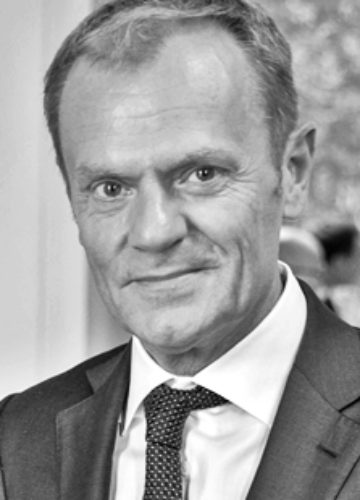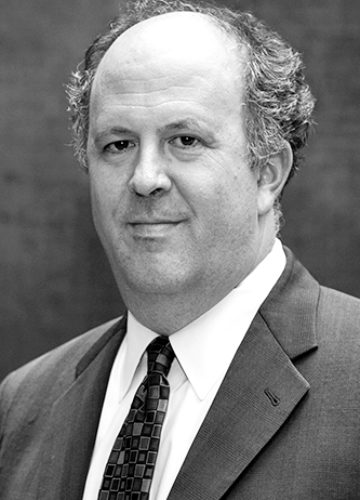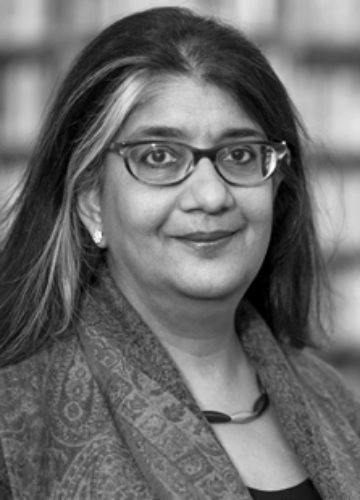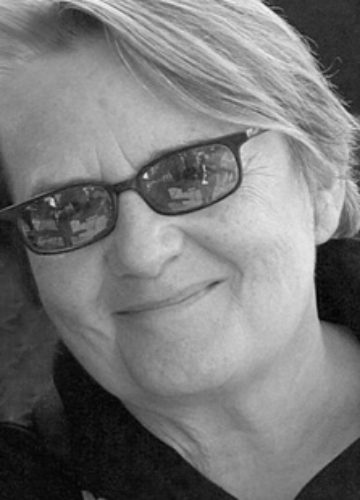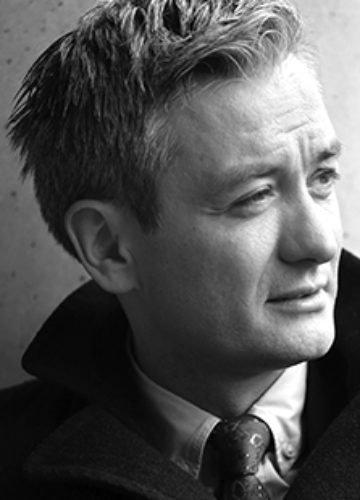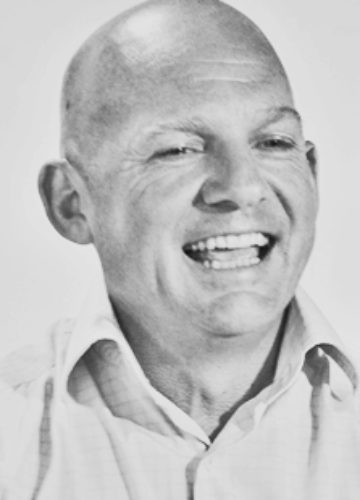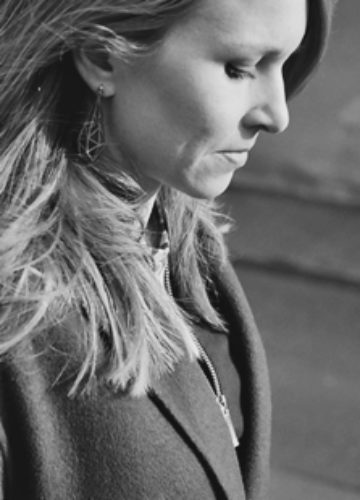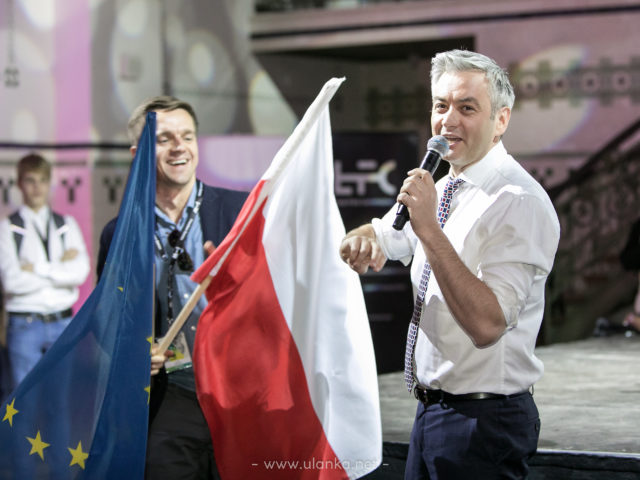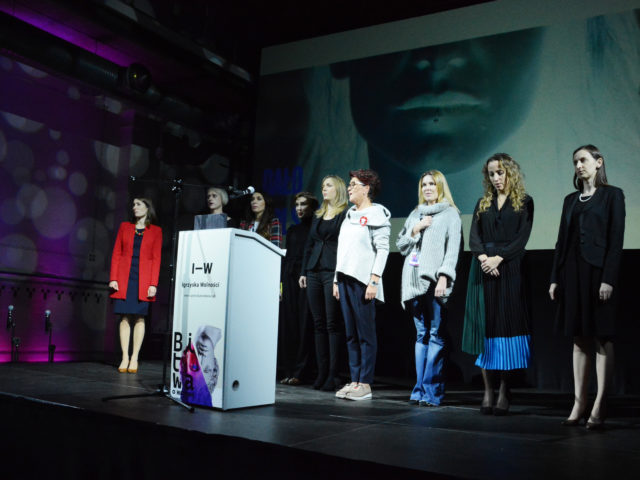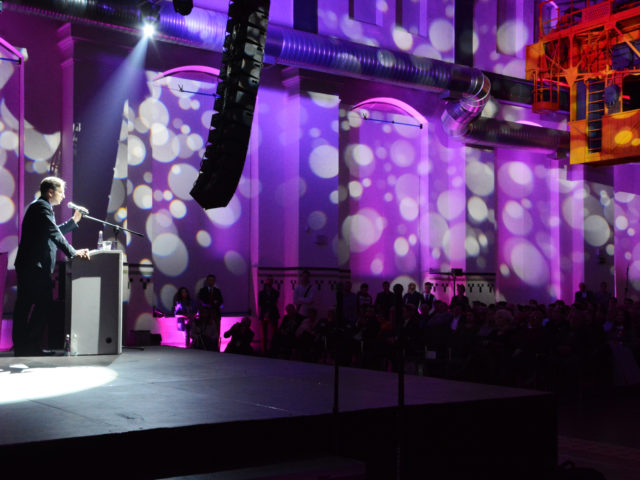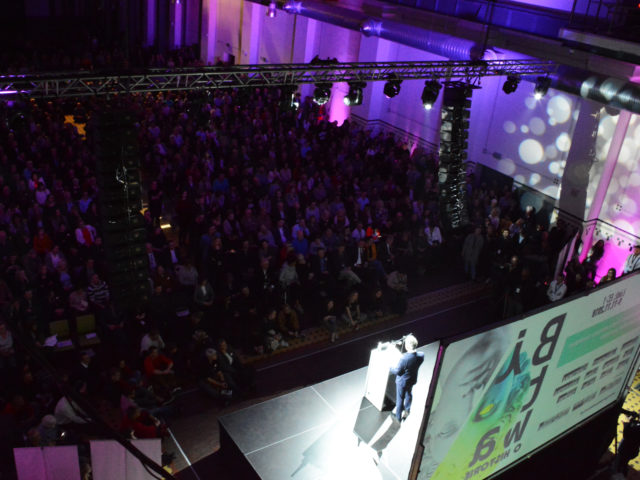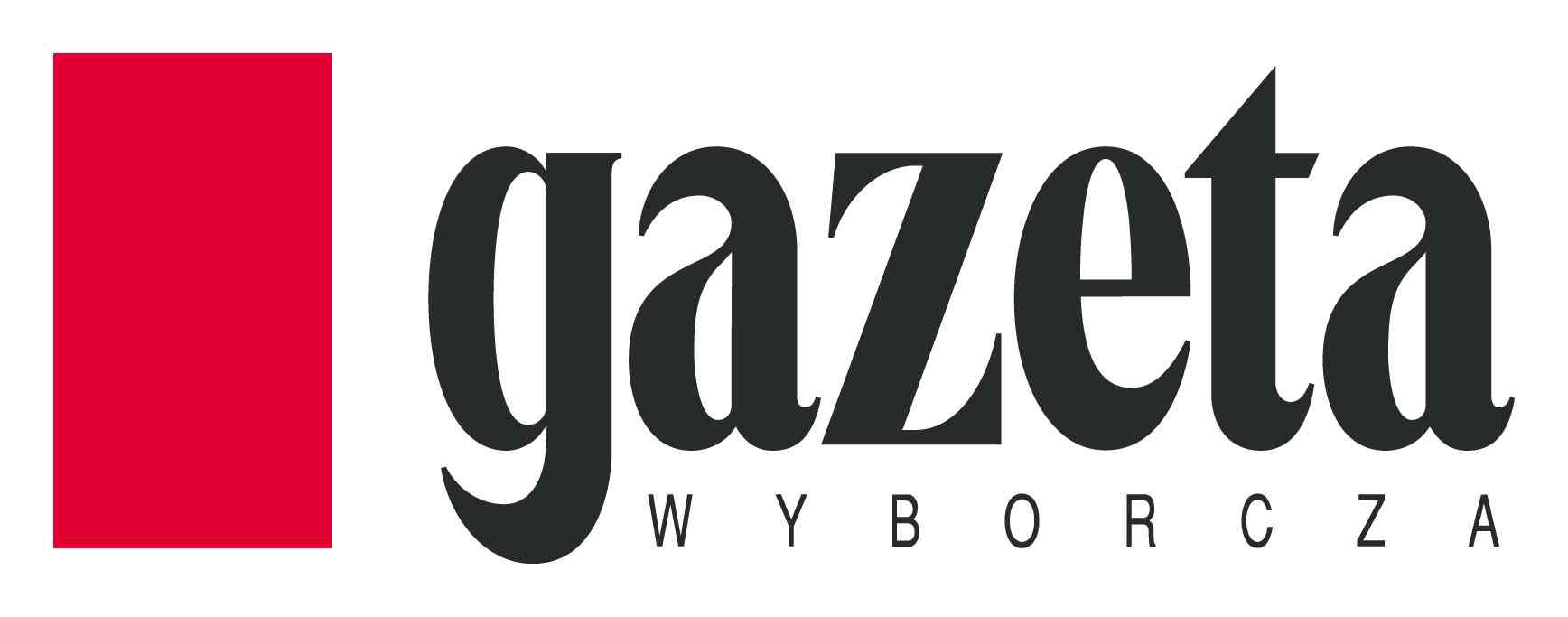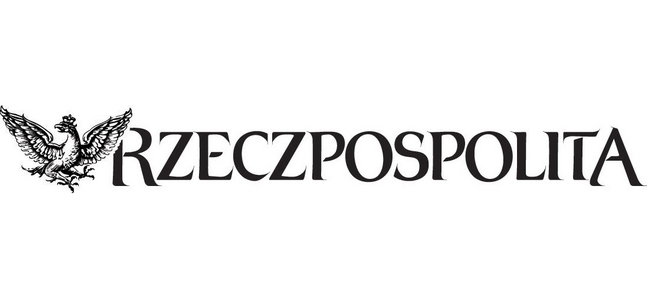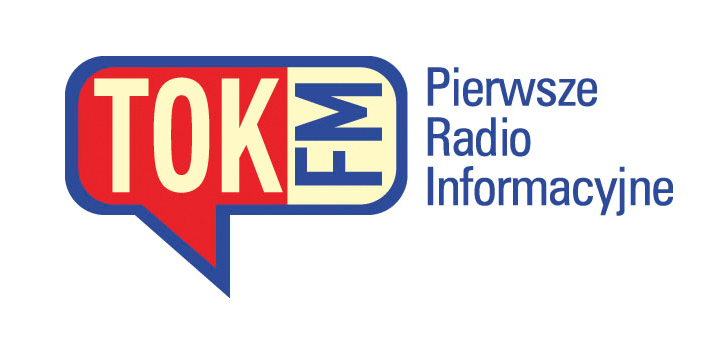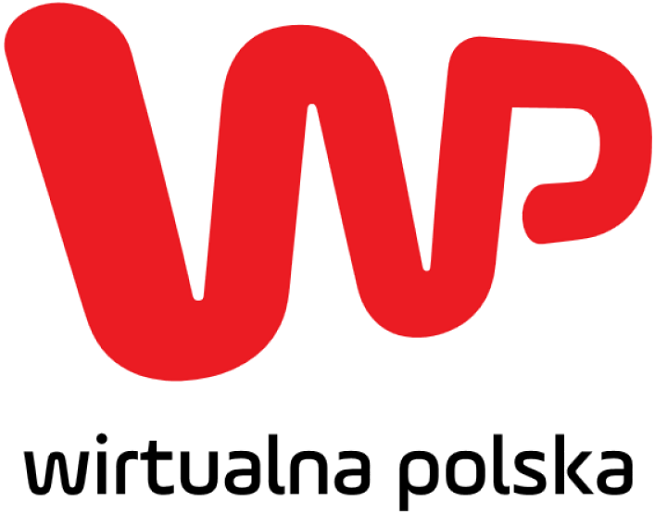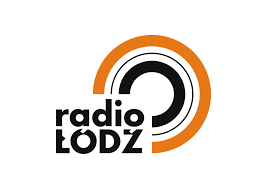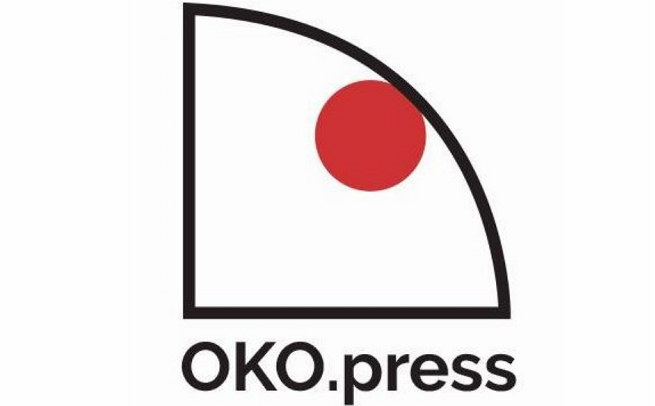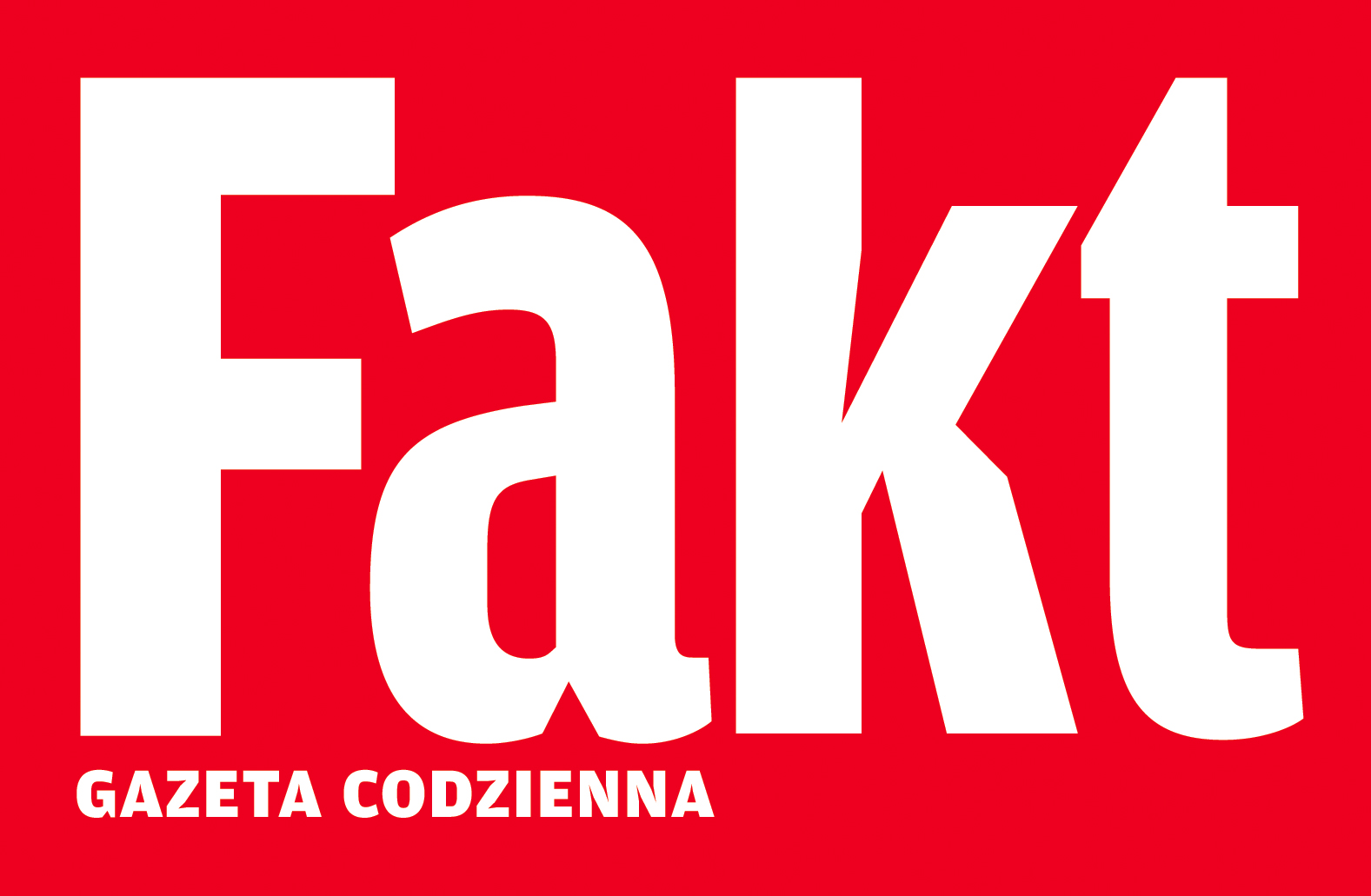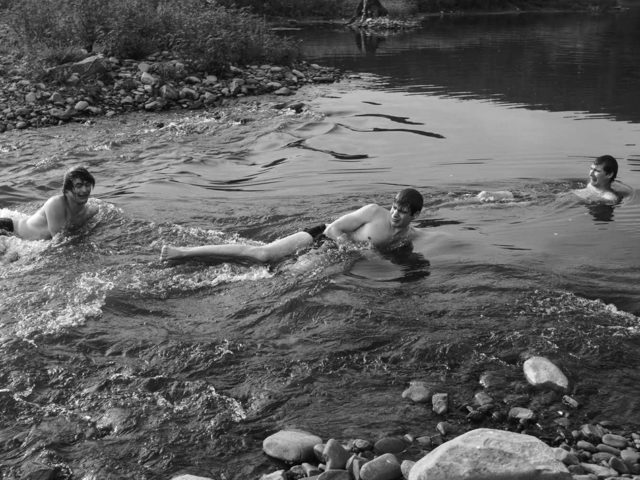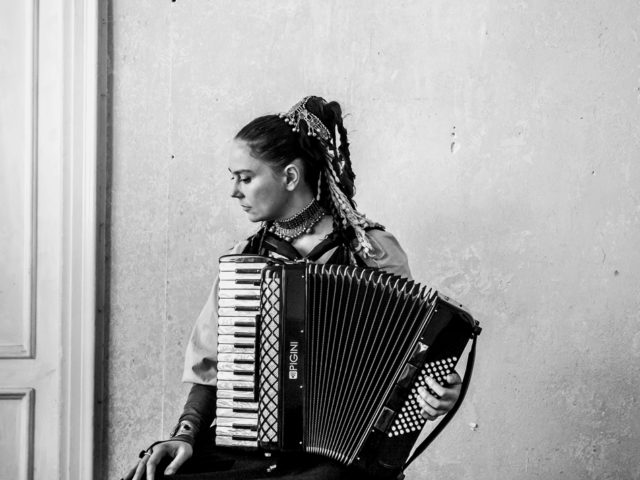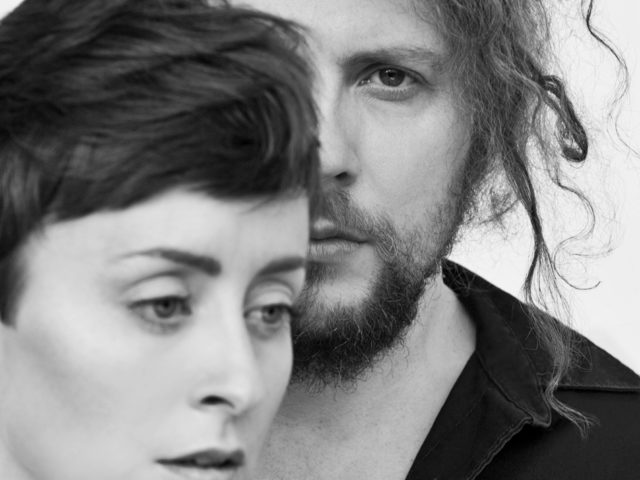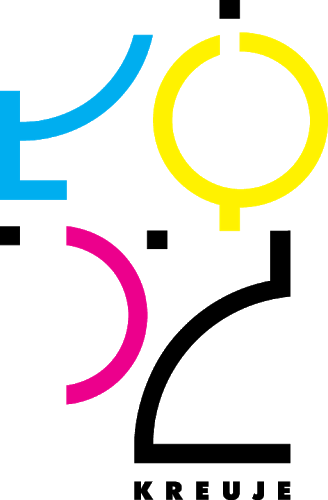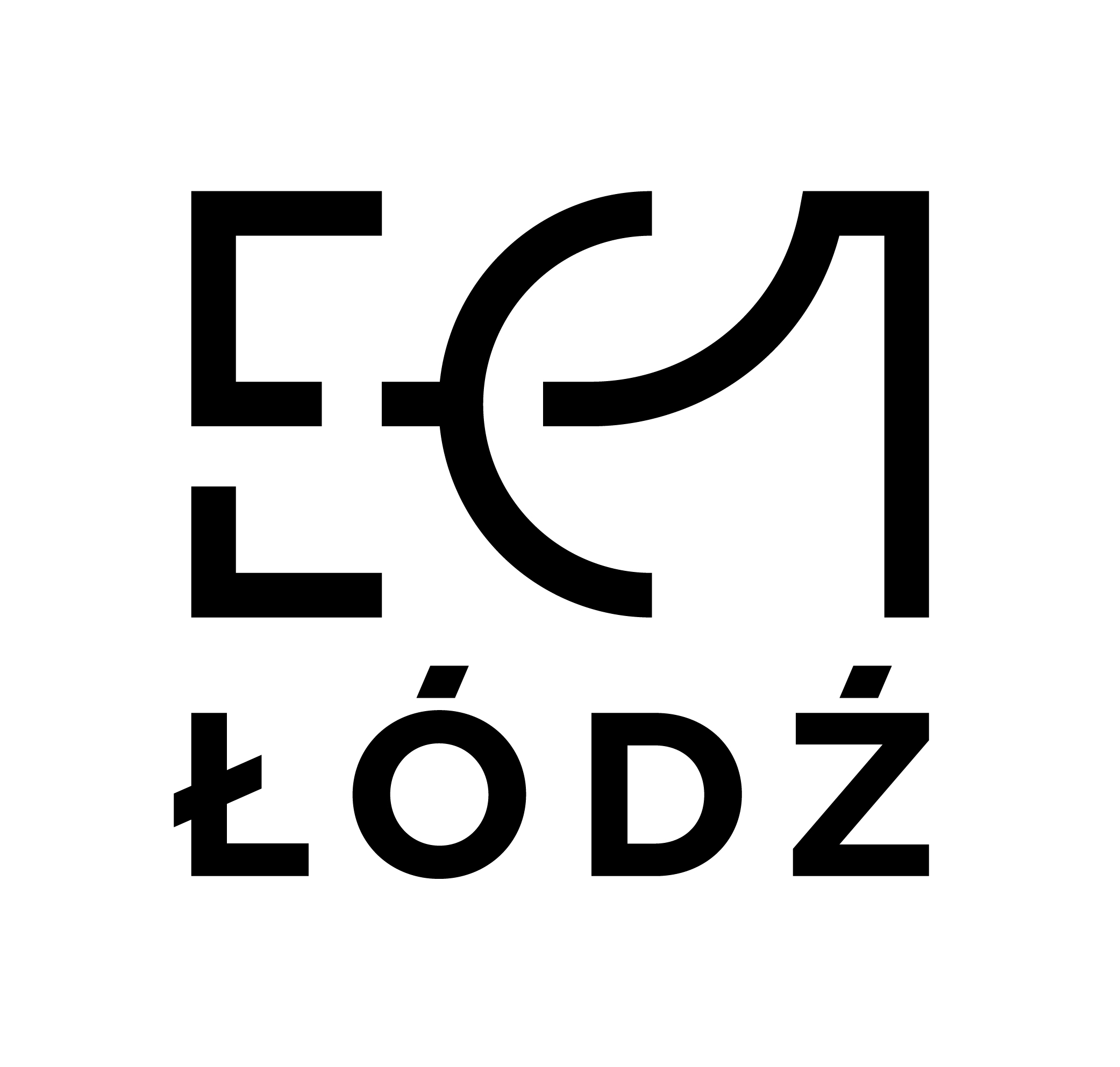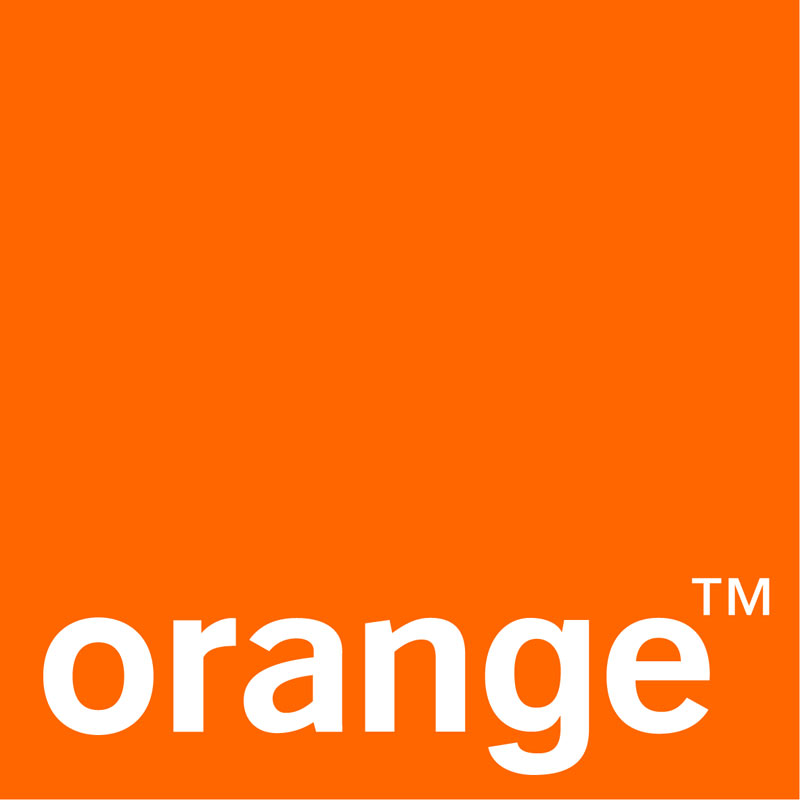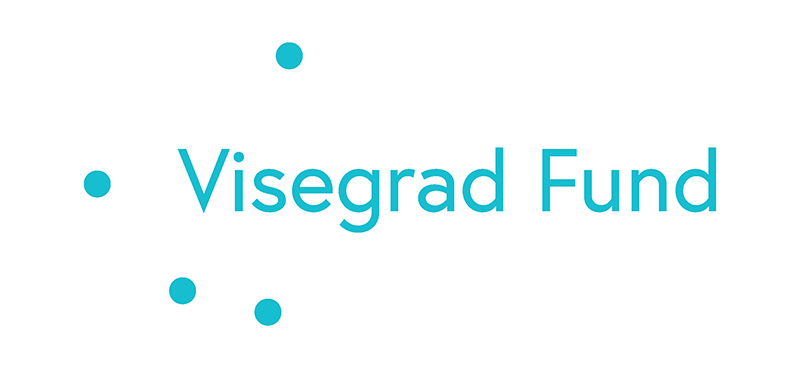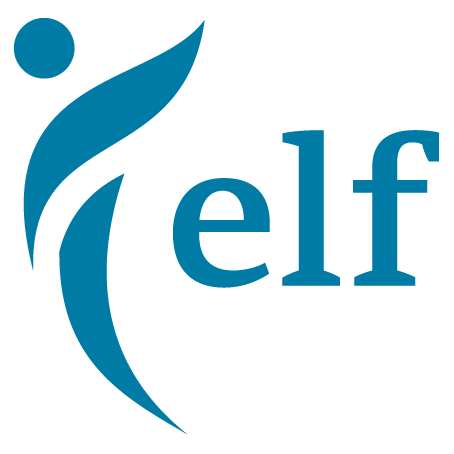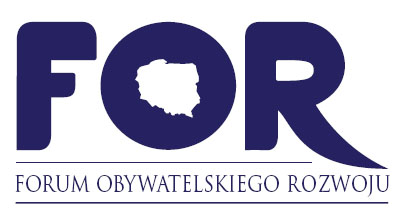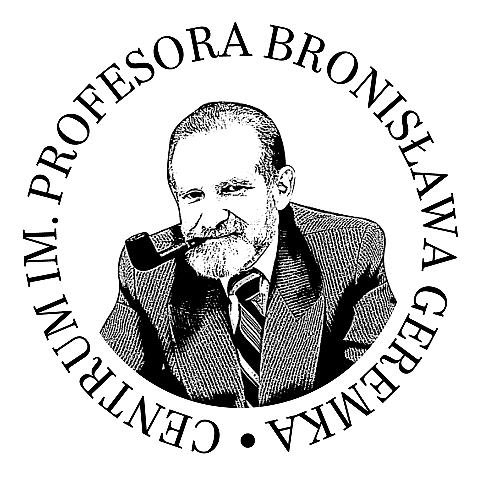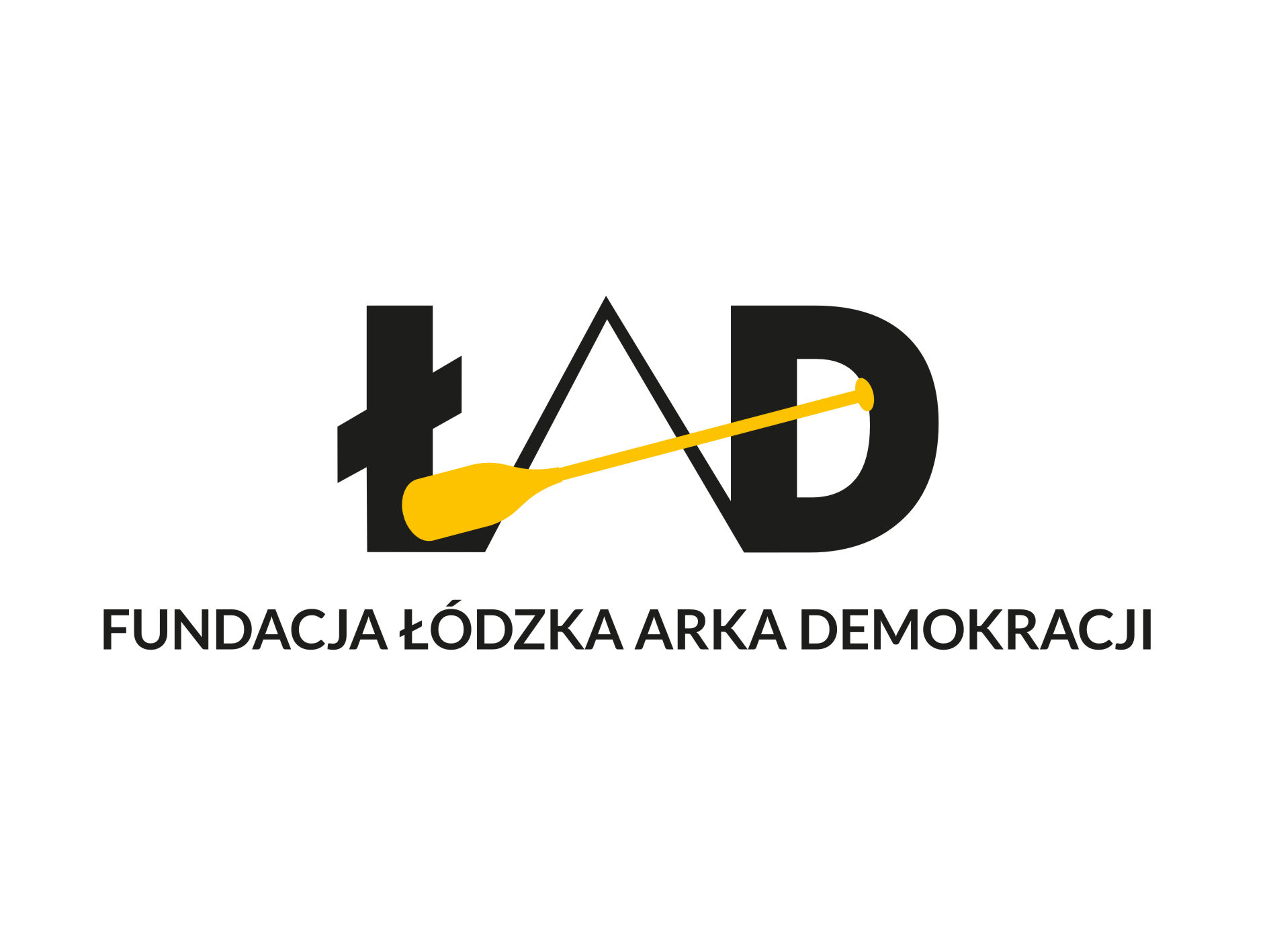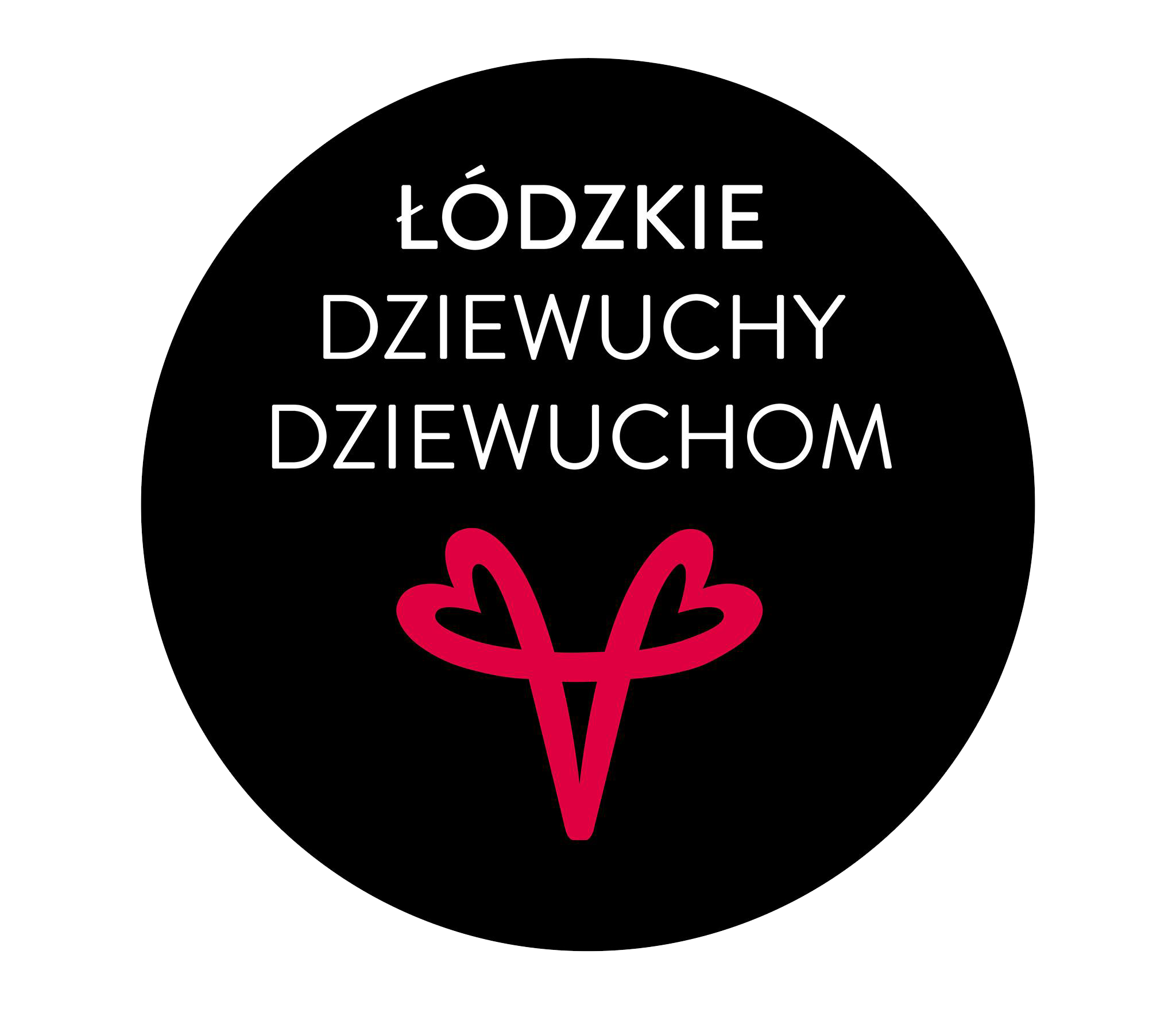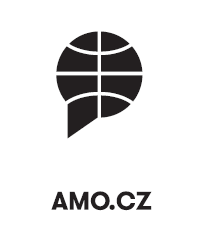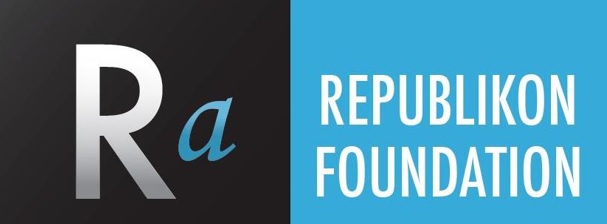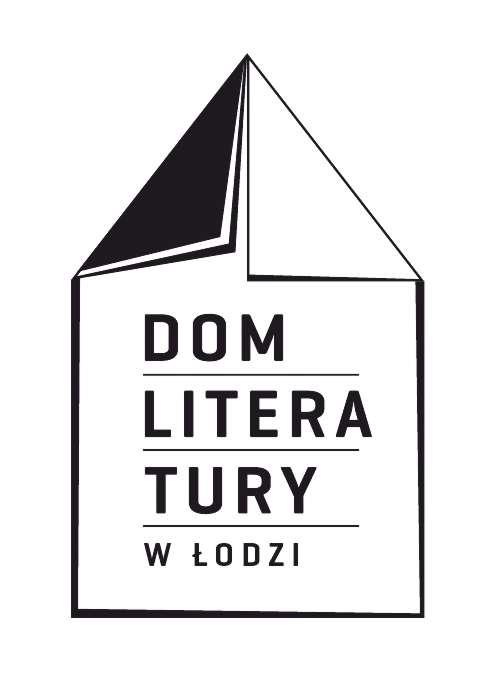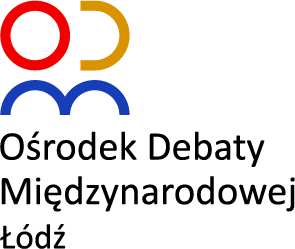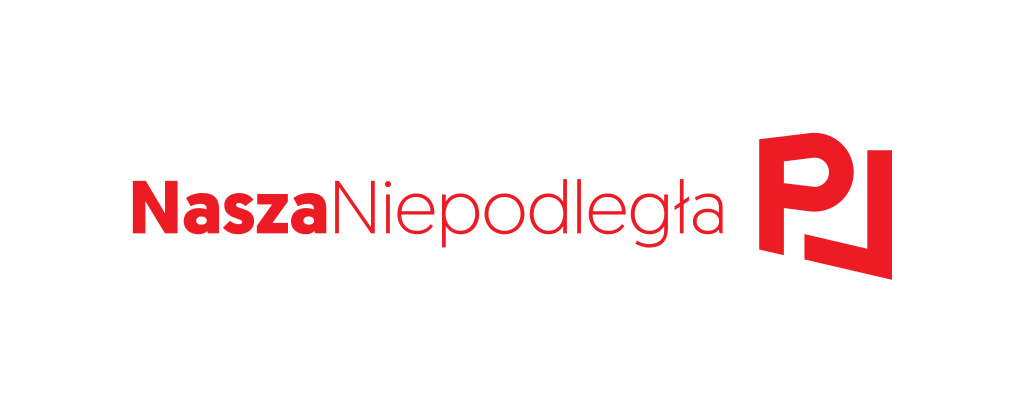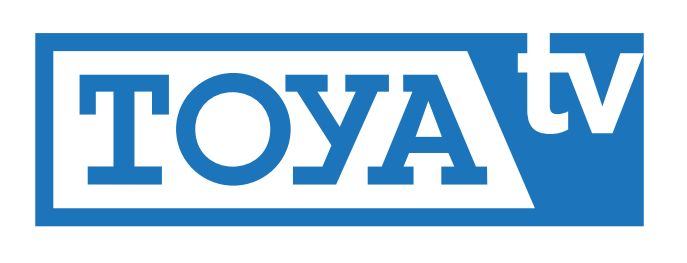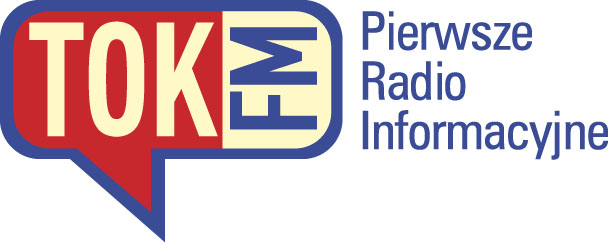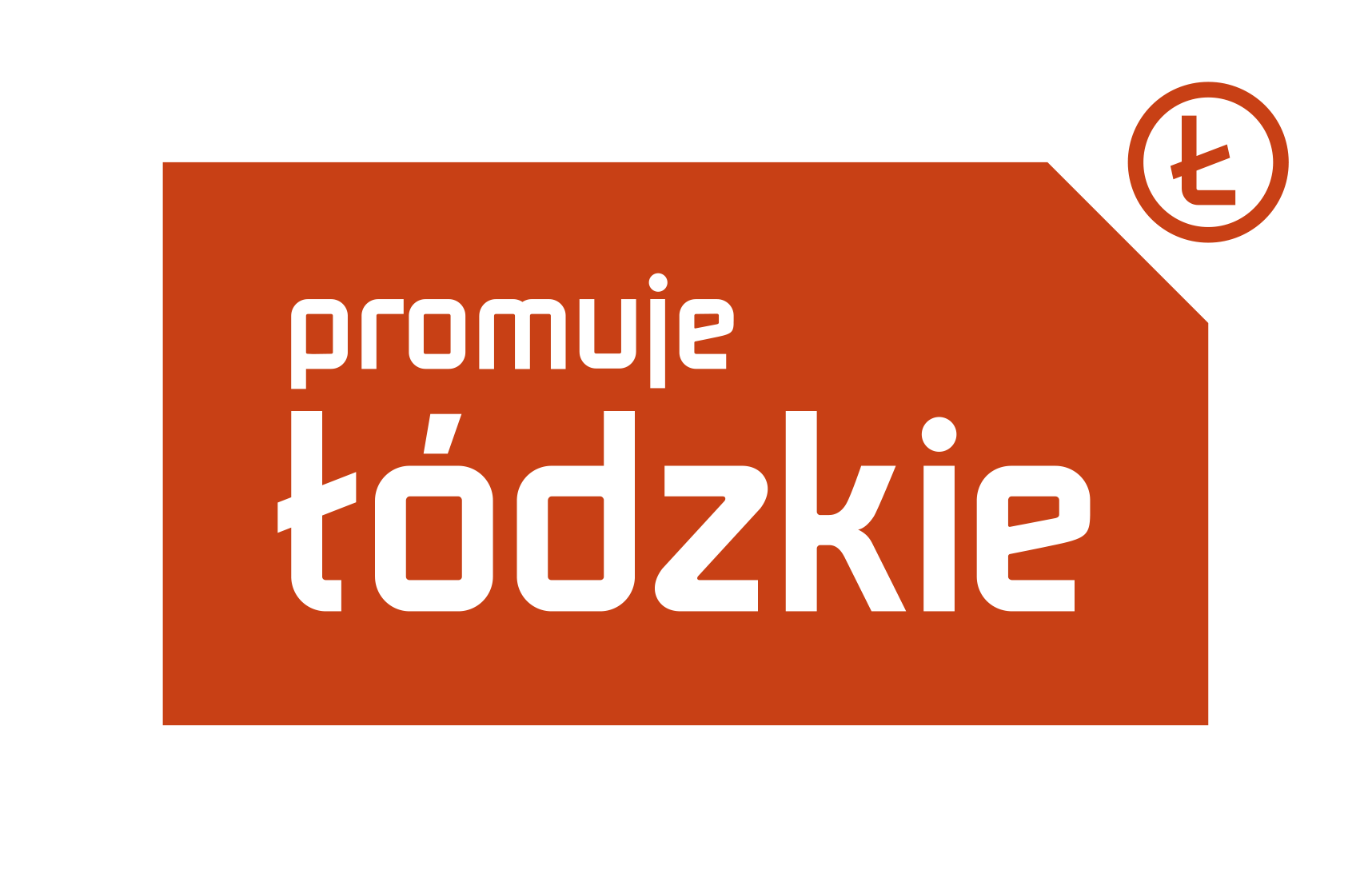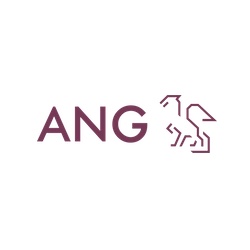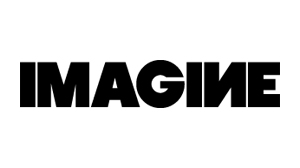Rector of the Institute for Human Sciences in Vienna, Professor of Social Anthropology and Sociology at the Graduate Institute of International and Development Studies in Geneva, as well as the Director of the Albert Hirschman Centre on Democracy.
She is currently a member of the Editorial Boards of the American Ethnologist, Public Anthropologist and The Oxford Research Encyclopedia of Anthropology as well as a member of the Advisory Board of the journal Comparative Migration Studies. She serves on the Board of Trustees of the Central European University (CEU), the Academic Advisory Board of the Wien Museum as well as the Advisory Board of the Higher Education Support Program of the Open Society Foundations.
Her research foci include the anthropology of law, state and policy, particularly the transnationalisation of law, normative pluralism; reproductive rights, population policy and gender; displacement and privatisation of common property resources; the anthropology of globalisation and development; post-coloniality and multiple modernities; and civil society and social movements.
She studied at the universities of Delhi and Heidelberg, was a Rhodes Scholar at Oxford University, received her Ph.D. in Social Anthropology from the Free University, Berlin in 1992, and habilitation in 2002.
She was Professor of Social Anthropology at the University of Zurich, as well as Professor and Founding Chair of the Department of Sociology and Social Anthropology of the Central European University Budapest, and has held Visiting Professorships at Ludwig Maximilians University, Munich, at the University of Vienna and at EHESS, Paris as well as at the Berlin Social Science Research Center and the Free University of Berlin.
She has been a Member of the Senate of the German Research Council (DFG), President of the European Association of Social Anthropologists (EASA) and a Fellow of the Institute of Advanced Studies, Berlin. She has served on the Advisory Board of the Wenner-Gren Foundation, New York and as member of the Editorial Board of Annual Review of Anthropology.
Recent edited volumes include: Migration and Borders of Citizenship (with Ravi Palat, special issue of Refugee Watch. A South Asian Journal on Forced Migration, 2017); Border Crossings. Grenzverschiebungen und Grenzüberschreitungen in einer globalisierten Welt (vdf Hochschulverlag, 2016); Politics of the Urban Poor (with Veena Das, special issue of Current Anthropology, 2015); Anthropology, Now and Next. Diversity, Connections, Confrontations, Reflexivity. Essays in Honour of Ulf Hannerz (with Thomas Hylland Eriksen and Christina Garsten, Berghahn Publishers, 2014); Jenseits des Eurozentrismus. Postkoloniale Perspektiven in den Geschichts- und Kulturwissenschaften (with Sebastian Conrad und Regina Römhild, 2nd edition, Campus Verlag, 2013); and Critical Mobilities (with D’Amato, Gianni, Panese, Francesco, Ruedin, Didier, and Ola Söderström, Routledge, 2013); Eckert, Andreas and Shalini Randeria, eds. Vom Imperialismus zum Empire: Nicht-westliche Perspektiven auf Globalisierung (Frankfurt a. M.: Suhrkamp, 2009); Fuchs, Martin, Antje Linkenbach, and Shalini Randeria, eds. Konfigurationen der Moderne: Diskurse zu Indien (Special issue, Soziale Welt 15, Baden-Baden: Nomos Verlag, 2004).

